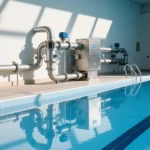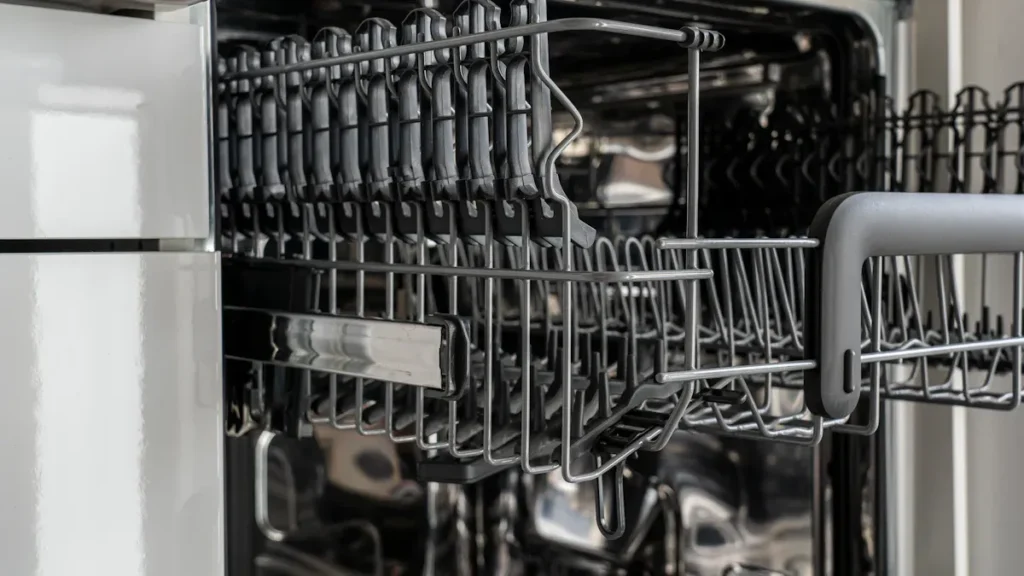Understanding the Role of Pool Water Monitor in Swimming Pool Safety

Maintaining a clean and balanced swimming pool requires more than just chlorine tablets and occasional testing strips. Today’s pool owners and operators are turning to pool chemical monitors and pool monitoring systems—automated, real-time devices—to ensure optimal water quality and swimming pool safety. These smart pool monitors continuously track key parameters like pH, ORP, temperature, and chlorine levels, offering precise and timely insights that help keep your pool water crystal clear and safe for swimmers.
What Is a Pool Water Monitor and How Does It Work?
A pool water monitor is an electronic device equipped with multiple sensors that detect and measure different aspects of the pool’s water chemistry. Some advanced pool chemistry monitoring systems include an automatic pool chemical monitor and dispenser, which not only tracks but also automatically adjusts chemical levels to maintain perfect balance.
These sensors can be installed inline with the pool’s filtration system or float on the water surface, sending data to a digital display or smartphone app. Whether it’s a Sutro pool monitor or another brand, these systems enable pool managers or homeowners to receive real-time updates and alerts when chemical levels drift outside recommended ranges.
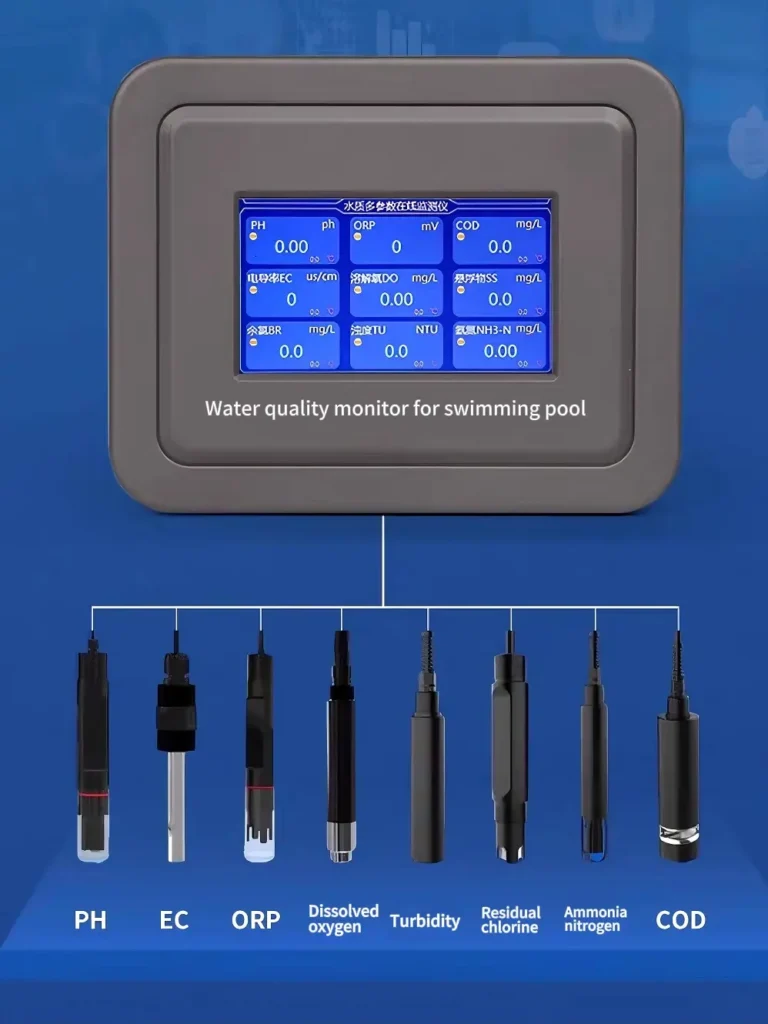
The Importance of Water Quality Monitoring for Health and Safety

Poor water chemistry doesn’t just make a swimming pool unappealing—it can pose serious health risks. If the chlorine level drops too low, harmful microorganisms such as E. coli or Cryptosporidium can flourish. Likewise, high pH levels can reduce chlorine’s effectiveness, leading to green, cloudy water and eye irritation.
This is where automated pool monitoring systems provide a huge advantage. Instead of relying on manual tests once or twice a week, a digital water monitor gives you 24/7 updates, allowing you to take preventive action before water quality becomes a problem.
Moreover, advanced monitors can integrate with automatic chemical dosing systems, forming a closed-loop system that not only detects imbalances but also corrects them automatically.
Benefits of Using a Smart Pool Monitor and Swimming Pool Monitoring System

1. Enhanced Pool Safety
Continuous monitoring with a pool monitor prevents over-chlorination or under-chlorination, both harmful to swimmers.

2. Cost-Efficient Maintenance
Early detection of imbalances by a swimming pool chemical monitor reduces expensive shock treatments and protects pool equipment.

3. Time Savings and Convenience
Automated monitors significantly reduce the time spent on manual testing. With real-time alerts and app-based controls, pool owners can manage water chemistry remotely, even when they are away.

4. Data Logging and Reporting
Modern pool monitoring systems store historical data, enabling operators to spot trends, diagnose recurring issues, and comply with health department regulations more easily.

5. Seamless Integration with Smart Pool Systems
Today’s smart pool monitors can connect with intelligent control systems, giving users a centralized platform to manage not only water quality but also lighting, heating, filtration, and more.
Choosing the Right Pool Water Monitoring System
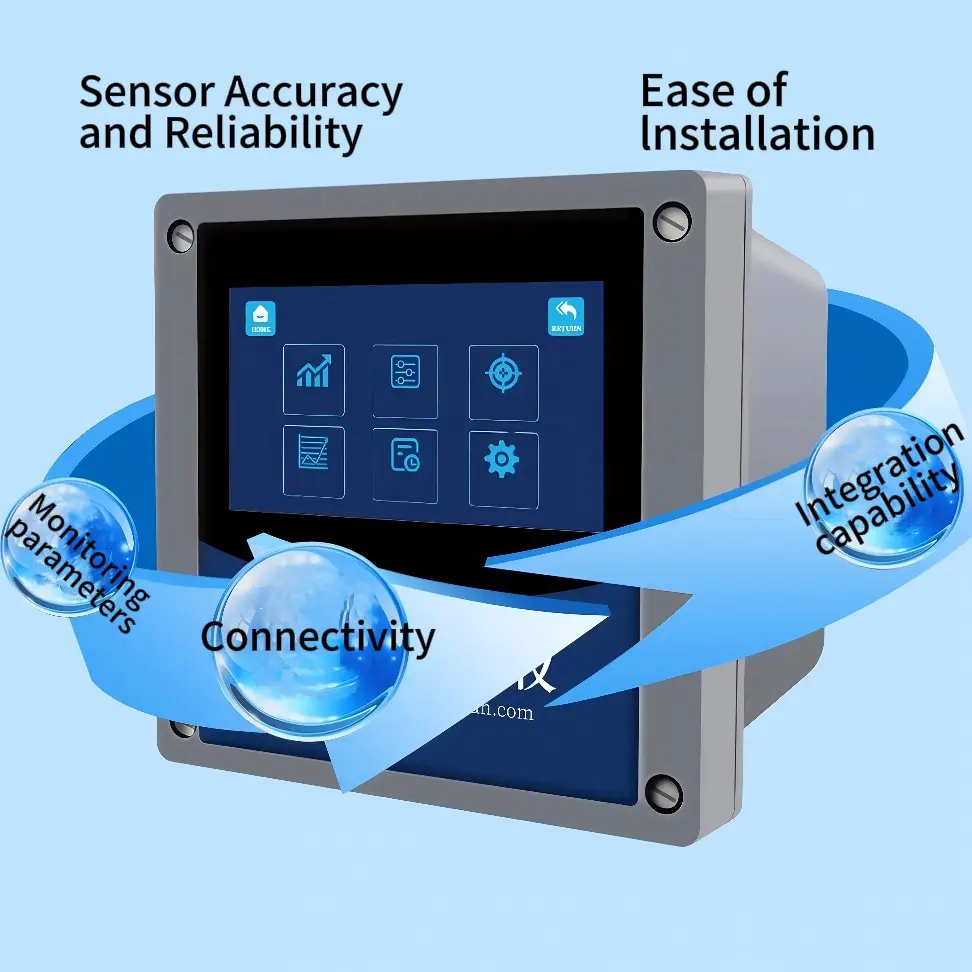
Not all monitors are created equal. When selecting a swimming pool water monitoring system, consider the following:
- Sensor Accuracy and Reliability: High-quality probes are essential for consistent readings.
- Monitoring Parameters: Some devices measure only pH and chlorine, while others track up to 8 different variables.
- Ease of Installation: Look for plug-and-play options if you are a homeowner; commercial-grade systems may require professional setup.
- Connectivity: Wi-Fi or Bluetooth-enabled models offer remote access via mobile apps.
- Integration Capability: For commercial pools, integration with chemical dosing systems or building management platforms can enhance automation.
Pool Water Monitor in Commercial vs. Residential Settings
For residential pools, compact wireless monitors that offer basic pH and chlorine tracking may be sufficient. These devices usually float on the surface or attach near the pump and send alerts to a mobile app.
In commercial pools, such as those in hotels, fitness centers, or community facilities, more robust and compliant systems are required. These systems are often permanently installed and calibrated to meet strict regulatory standards. Features like backup power, real-time alerts to multiple staff members, and chemical control system integration are common.
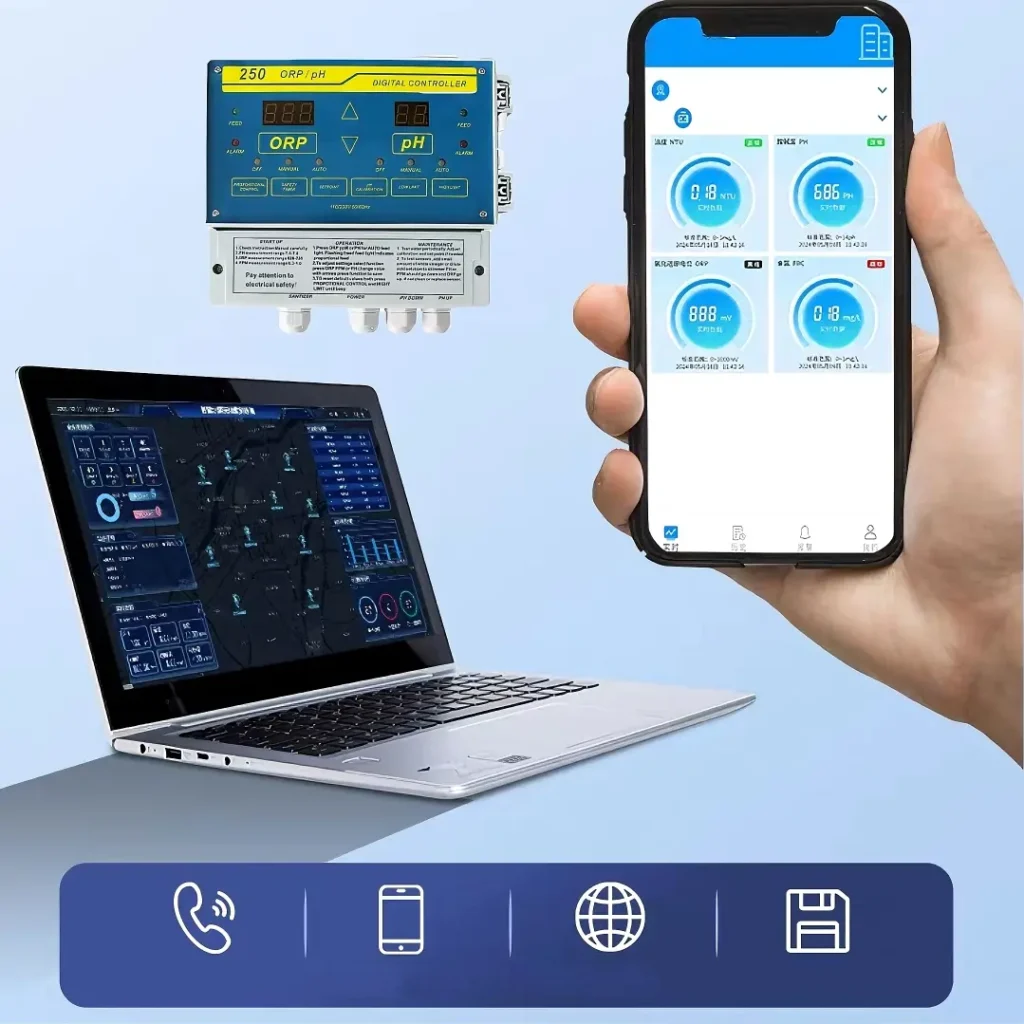
Environmental and Sustainability Benefits

Maintaining a balanced pool not only protects swimmers but also conserves water and reduces chemical waste. By avoiding overuse of disinfectants and minimizing the need to drain and refill the pool due to imbalance, pool water monitoring systems support sustainable pool operation.
Additionally, many advanced systems offer recommendations to optimize chemical usage, which can lower your pool’s environmental impact and operational costs over time.
Future Trends in Pool Water Monitoring Technology
As IoT and AI continue to evolve, the next generation of smart pool monitors will bring even more advanced features:
- AI-Powered Predictive Maintenance: Systems will learn from usage patterns and environmental data to predict when chemical adjustments are needed.
- Integration with Weather Forecasts: Anticipating rain, wind, or temperature changes can help adjust dosing proactively.
- Voice Command Interfaces: Some monitors may soon sync with smart home assistants like Alexa or Google Home.

Conclusion: A Smart Investment in Pool Safety and Efficiency
Investing in a pool chemical monitoring system, whether a compact residential smart pool monitor or a commercial-grade Sutro pool monitor, is essential for maintaining a safe and enjoyable swimming environment. These systems combine real-time monitoring with automated control, ensuring your pool stays clean, balanced, and swimmer-friendly all year round.


